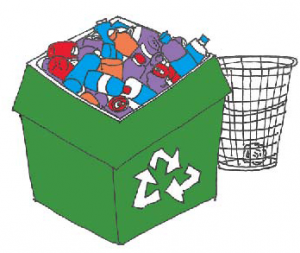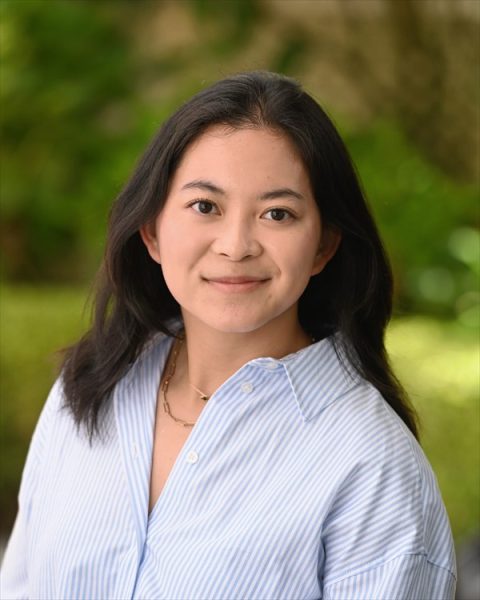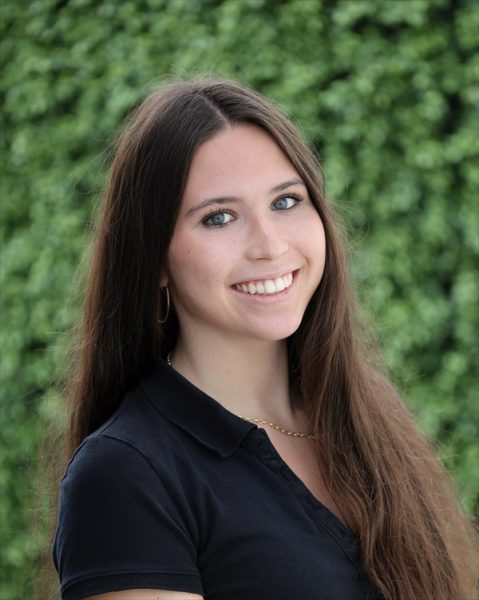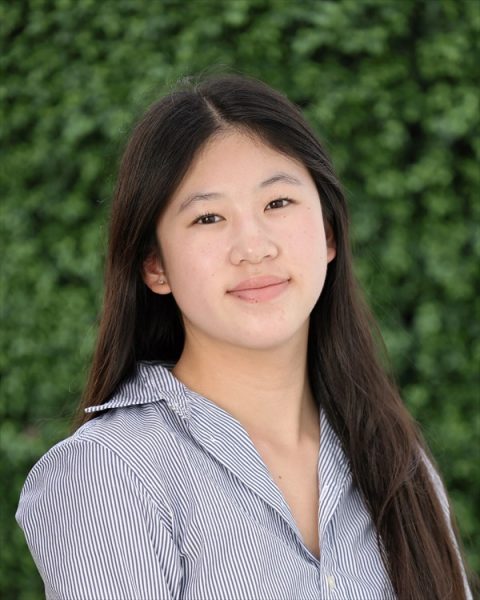Adding to the cycle
Waste company expands what can be recycled.
September 28, 2017
In order to get San Francisco closer to its goal of zero waste by 2020, Recology, the local resource recovery company, has added items to its list of what can be recycled in blue bins and increased the amount of compost sent to farms.
“Zero waste is an idea that means sending next to nothing to landfills or incinerators,” said Recology’s Public Relations Office Robert Reed on a “Stories” Youtube channel.
Besides paper, cans, plastic bottles and cardboard, Recology now allows San Francisco residents to recycle all plastic bags that are not labeled compostable or biodegradable, paper cups, paper milk cartons with wax lining, ice cream containers and fabric.
In anticipation of an increase in recycling, the City approved measures to send out larger recycling bins while also decreasing the size of the trash and compost bins for each household. Recology plans to deliver the new bins by the end of the month.
Along with efforts to increase recycling, the City is also pushing for an increase in composting. Bay Area farms and vineyards are starting to use the compost from Recology to grow cover crops. The produce take up carbon and nitrogen from the environment and contain it in the soil, according to Public Relations Manager Robert Reed.
Replicating San Francisco’s Recology program may be one of the most effective steps Recology can take in an effort to slow climate change according to Reed.
Although it is too early on to say if these efforts will save the school money, Convent & Stuart Hall will help follow the new recycling guidelines and post signs of what is and is not recyclable, according to Plant Operations Director Geoff DeSantis.
“Given the recent weather trends influenced by global warming, we know that reducing and reusing is going to be the best option for us,” Desantis said. “We are just doing our part to hit San Francisco’s goal of zero waste by 2020,”
Students say they are already working towards this zero waste policy at home and at school.
“Anything my family and I can compost and recycle, we will,” senior Rosie Morford said. “When at school, I try to be very mindful about what bins I put my trash into because it’s the fastest way to finish lunch and put my remains into any bin, however, it’s important to put it into its designated bin.”
These recycling changes and bin replacements are expected to go into full effect mid to late October, according to Recology.
“I think people just need to be more aware of what they are throwing away,” Morford said. “It only takes an extra 20 seconds to pick the right bin and putting that extra couple of seconds makes a huge difference.”












